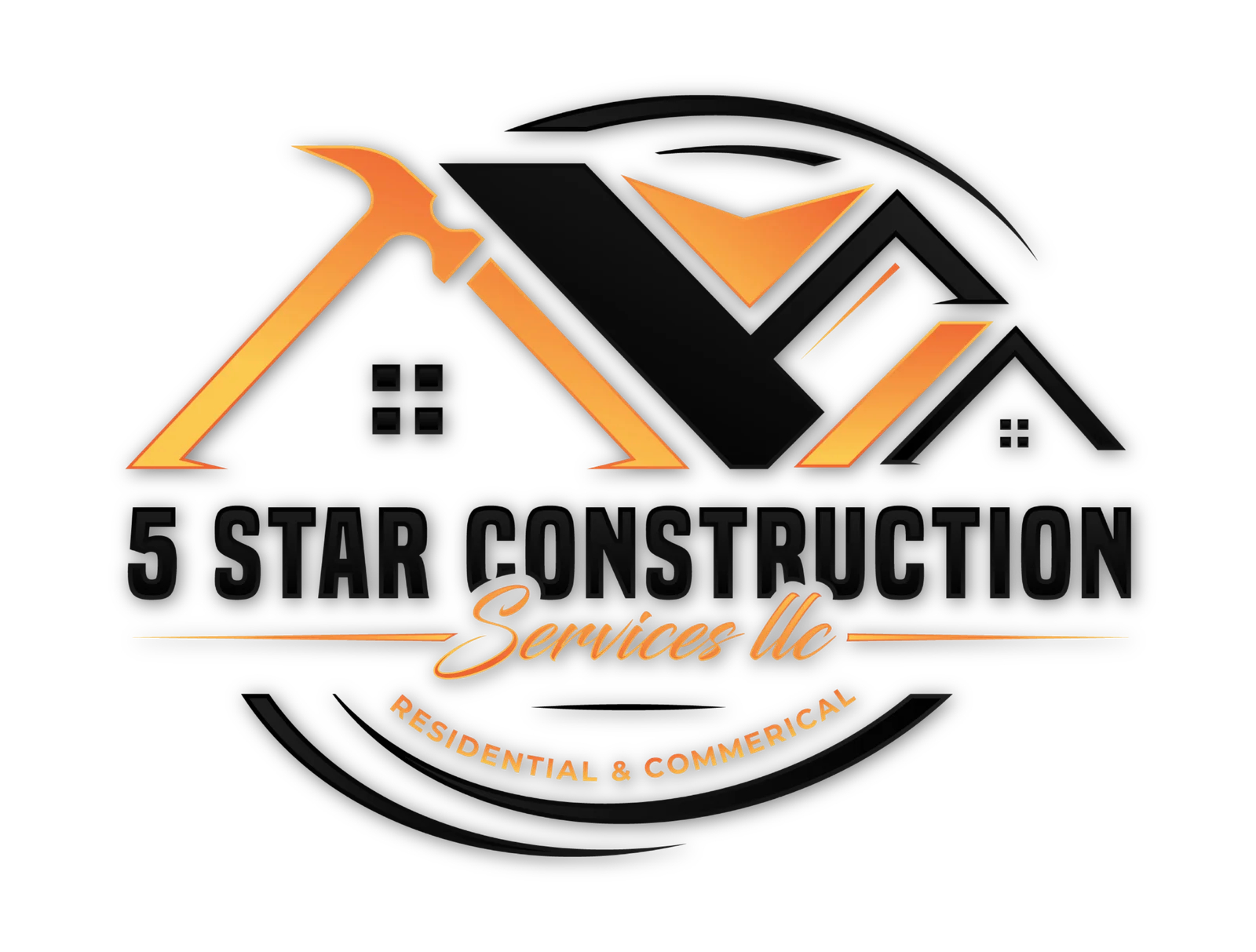Testimonials
Hear it From Our Clients
David Vinyard
They developed our website perfectly, reliable and responsive.
They integrated alot of plugins to the front and backend which make it more easier for customer to use the website.
Thanks to Digital Global Business for their expertise in this field.
Testimonials
Hear it From Our Clients
Elizabeth Drey
My company needed to develop a content strategy and measure performance.
we called upon Digital Global Business to establish keyfactor as authority
and trusted partner for C level and board, and also establish KF as leader in crypto agility, post quantom.
With their expertise, we have seen positive feedbacks from stakeholders and head of marketing team, our newsletters are performing well
and we have had increase in numbers of subscribers.
I recommend Digital Global Business for any of your projects. GREAT JOB GUYS.
Testimonials
Hear it From Our Clients
Ezekiel Johnson
We hired Digital Global Business to help us create high quality content and communicate our value to our customers and prospect.
We initially engaged them to develop a series of blogs and other assets to help build our SEO and organic presence online.
We have had increase in website traffic and a better customer understanding of our diffrentiators and processes.
A highly recommendable job was done by Digital Global Business.
Testimonials
Hear it From Our Clients
Anthony Parker louviere
Low quality unprofessional services. Coereced into a grumbling acceptance and told I expressed satisfaction.
Paid 200 denied partial refund. Bison was rude af and the supervisor is just as greedy for money. Don’t do business with these guys
Testimonials
Hear it From Our Clients
Ben
We needed an increase in new client bookings. We hired Digital Global Business to create and manage ads
on IG and FB and the measurable outcomes from the project that demonstrate success is something we actually needed which is new
client bookings and what is most impressive about Digital Global Business is their responsiveness, creativity on display ads, creating
ads that reflected our needs and brand, thorough end of month reporting, friendliness, professionalism.
Testimonials
Hear it From Our Clients
Joe Thomas
Working with Byson John from the sales team at Digital Global Business made the process of getting our new logo designed a breeze.
His understanding of our needs and his ability to facilitate the perfect execution was top-notch. Thanks to Byson, our expectations were not only met but exceeded!
Testimonials
Hear it From Our Clients
Stephen
Byson was very helpful in helping to set up my site. The team was very professional and creative. They also gave me a great package.




























